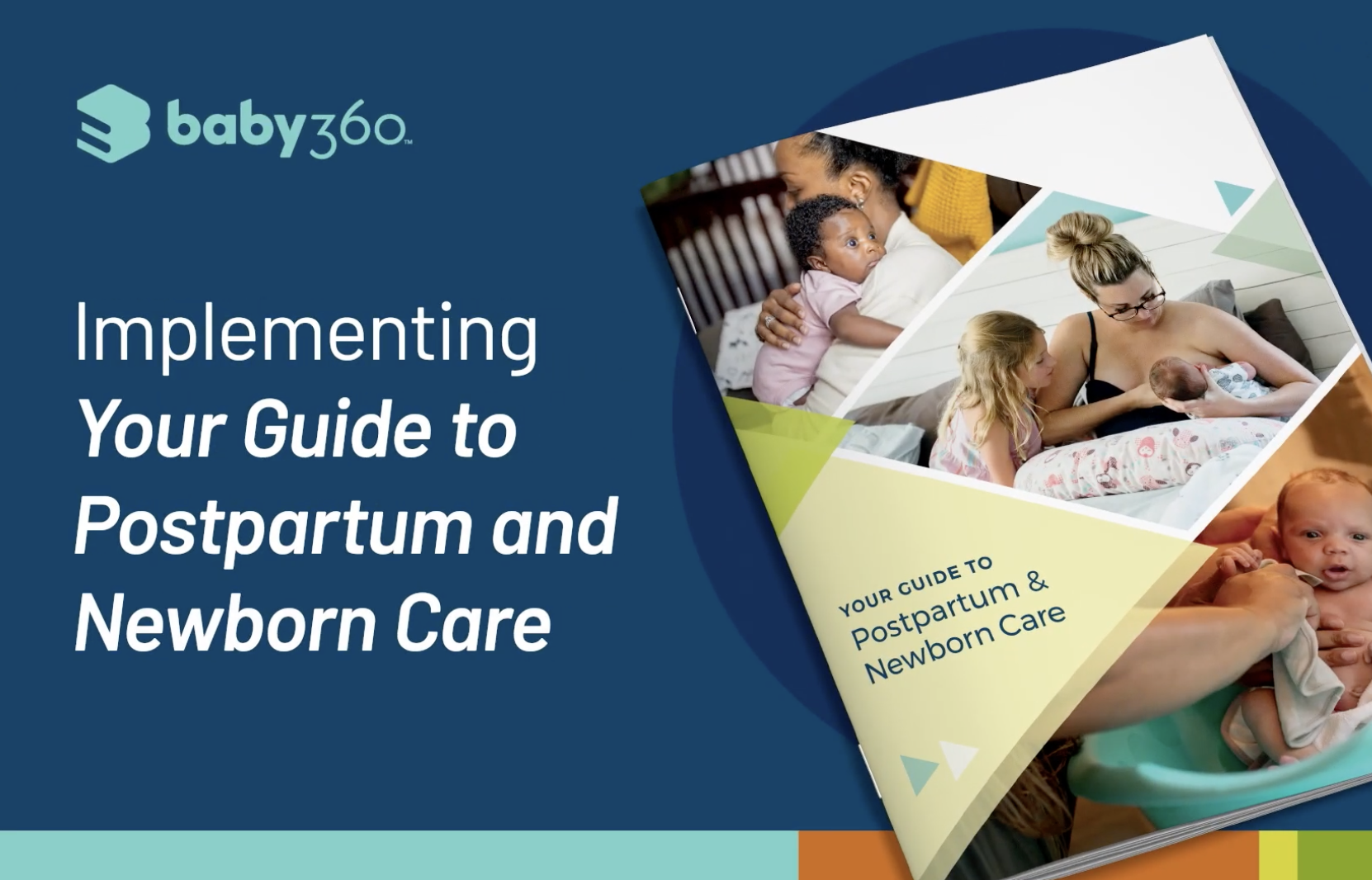National Infant Immunization Week (April 24-May 1) may not be a flashy national holiday. But it is a great time to focus on the importance of protecting children aged two years and younger from a number of vaccine-preventable diseases (VPDs). This is especially true in 2021 after many children fell behind on routine checkups and vaccinations as families stayed home during the COVID-19 pandemic.
As health care professionals, you know that vaccines provide safe, effective protection from dangerous (and often fatal) diseases in people of all ages. It’s true that widespread public support for childhood vaccines has been declining. In fact, the Centers for Disease Control (CDC) reported in 2019 that “the percentage of children who are unvaccinated has quadrupled since 2001.”
According to a 2019 Gallup survey:
- 84% of Americans reported that it is “extremely or very important” that parents vaccinate their children.
- This is down 10 points from Gallup’s 2001 survey reporting 94% support for childhood vaccines.
As if talking to adults about infant vaccinations wasn’t hard enough, roughly 6% of parents now fall into the “vaccine-hesitant” category. And a much smaller percentage self-identify as “anti-vaxxers.” Understanding the importance of discussing vaccines with every category of parents, the CDC has developed some conversational guidelines that we’ll summarize in the next section. You can read the full CDC article on their website.
Talking to Parents About Vaccines
Health care professionals can be a trusted source of information about vaccines, even for parents who are vaccine-hesitant or who have considered delaying one or more vaccines. Here’s a quick look at the CDC conversation guidelines for medical providers to help conversations with parents go more smoothly.
Step 1: Assume Parents Will Vaccinate
- Explain how many and what types of shots are due
- If the parent hesitates or expresses concerns, move to Step 2
Step 2: Give Your Strong Recommendation
- Explain how vaccines protect children from potentially life-threatening diseases
- Use a brief supporting statement drawing on science and/or anecdote
- Talk about your personal experiences with vaccinating children
- If the parent asks specific questions or still has concerns, move to Step 3
Step 3: Listen and Respond to Questions
- Build trust by trying to understand their concerns
- Offer more information or handouts if requested
- If you don’t have answers to every question:
- Acknowledge the parent’s concern
- Share what you do know
- If a parent brings information from sources you are unfamiliar with:
- Offer to review the information they’ve found
- Schedule another appointment to discuss it further
If Parents Refuse to Vaccinate
You’ve done your best to explain why choosing to vaccinate their baby is a medically-sound decision. You’ve taken a positive approach by stressing the number of lives saved by immunization, instead of focusing on the number of deaths from not immunizing. But if parents still refuse to vaccinate, here are some strategies from the CDC:
- Keep talking to parents about vaccines during the next office visit and repeat your strong recommendations
- Help them recognize the early symptoms of vaccine-preventable diseases, including measles, mumps, rubella, chickenpox, whooping cough, flu, etc.
- Remind them to call before bringing an unvaccinated child into a medical office, clinic or emergency department to help medical professionals take precautions to protect others.
- Offer a fact sheet explaining the risks of not vaccinating. You can download If You Choose Not to Vaccinate Your Child in English or Spanish from the CDC website here.
- Ask them to sign a Refusal to Vaccinate form each time a vaccine is refused to update the child’s medical file.
Leaving the Door Open
It may take more than one sincere, fact-based effort to help parents understand the importance of immunizing their baby. And in the end, it is their decision. Some parents may accept all vaccinations when you recommend them. Some may schedule vaccines for another time. As the CDC concluded, “for very vaccine-hesitant parents, success may simply mean agreeing to leave the door open for future conversations.”
Whenever you can, keep that door open and keep talking with vaccine-hesitant parents. Things that may help:
- Ask parents to schedule another appointment with your office
- Listen to their concerns and answer their questions
- Encourage them to read any additional information you’ve provided
- Keep reminding them about vaccinations at future visits
The Road Ahead
At CCI, our goal is to support the efforts of a wide variety of health care professionals as you educate, enlighten, and care for pregnant people, parents, and babies. We’re working hard to provide you with what you need – from evidence-based printed materials and instructor-led or self-paced online courses to eBook and maternity app resources. If there is anything we can do to help your students and patients succeed, please call us at 800.476.2253 any time. We look forward to connecting with you!



